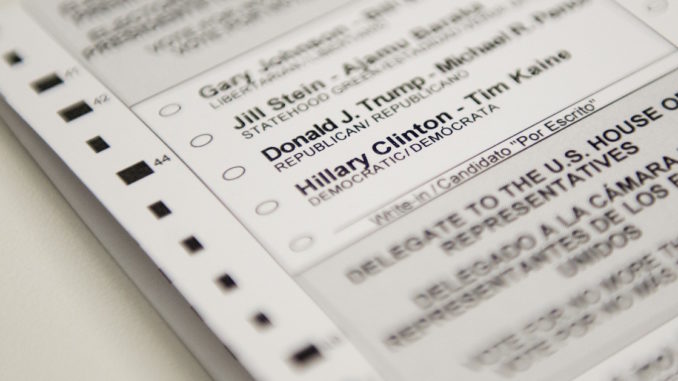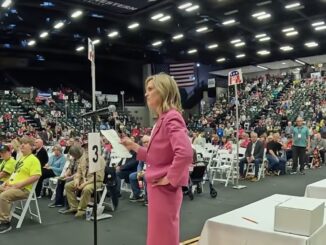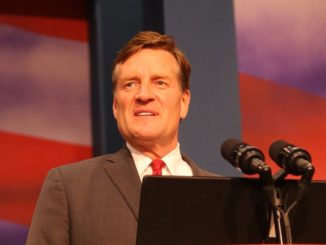
It’s something that many of us – perhaps even most of us – who vote have done. It begins the moment you walk into the voting booth, sit down with your ballot, and realize that you’re not familiar with all the choices in front of you. By this time, excuses don’t matter as to why you’re uninformed about who you’re voting for. You’re faced with a choice— pick a name or leave it blank. In many races, there’s a fall back. It’s found in the form of the candidate’s political party listed next to their name.
When faced with this situation, it seems that most people simply vote for the party they align most closely with. In fact, some folks make the argument that this is a good reason for having the party next to the name. The line of thinking is that even if the voter doesn’t know where the candidate stands on the issues, they can at least have their vote mean something by voting for the affiliated party instead.
But is this situation problematic? Is it time for a change? Do we need to eliminate party affiliation from ballots?
There’s definitely an argument to be made that continuing to allow the names of candidates to be accompanied by the parties they belong to only contributes to voter ignorance. Instead of doing the research to find out where a person stands on important issues, most voters have the fall back of simply voting for a party instead. Is it any wonder that special interests so often have a strangle-hold on political outcomes? Candidates become more beholden to them than the constitution they swear an oath to or the people that voted them into office. After all, why be accountable to the people when so many of them don’t pay attention in the first place?
In theory, removing party affiliation from the ballot would force more people to actually take the time to research who they’re voting for and where they stand on the issues— making for a more informed citizenry. Undoubtedly, there would also be more people who’d stay home and not bother voting, because their fall back of voting for a party would no longer be available. But is that such a bad thing? Uninformed voters may be better off at home on the couch than in a voting booth.
To be fair, would some of those uninformed voters continue to make their way to the polls? Of course. But their voting would be little more than a game of dot-to-dot. Statistically speaking, would the uninformed largely cancel each other out?
Of course, the fact that party affiliation appears on the ballot benefits the two major parties the most. It’s a means whereby they can maintain their domination over those pesky “third party” candidates. You know, the one’s that we’re always told aren’t “viable”. Ballots without parties might just mean that those third party candidates are finally given more consideration by the electorate. In fact, I’m guessing more people may discover what many of us know already— that oftentimes third party candidates are superior to their “major party” counterparts.
In an ideal world, I’d like to see no political parties at all. Can you imagine the difference we would see in our country if candidates were judged on their views of the issues and not by the party that they belonged to? Just think of more people discovering how incumbents have been voting during their time in office. Is it possible we’d see more of them voted out, instead of becoming lifelong politicians?
Having said all of this, I recognize that political parties are private organizations that people have a right to organize and belong to. So, getting rid of them altogether probably isn’t realistic. Yet, is it necessary or prudent that they be listed next to the names of candidates representing them on ballots?
I won’t pretend the idea’s a cure-all. It’s most certainly not. But if we want to increase the number of informed voters, improve accountability, and break the cycle of partisanship, then maybe it’s time for states to eliminate party affiliation on ballots.





